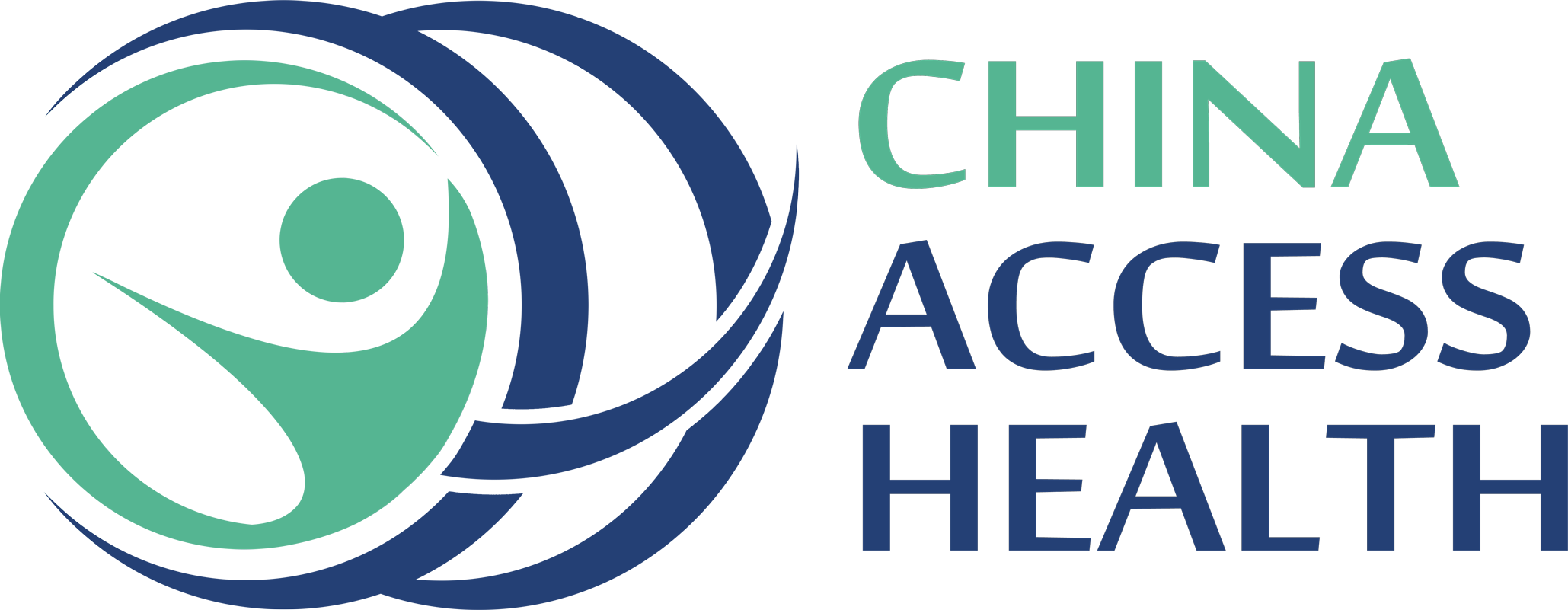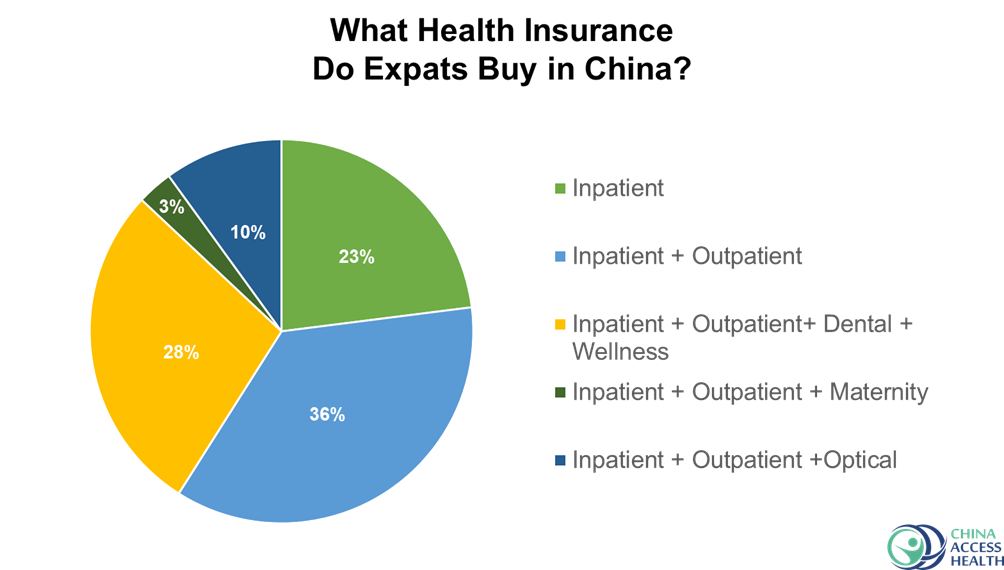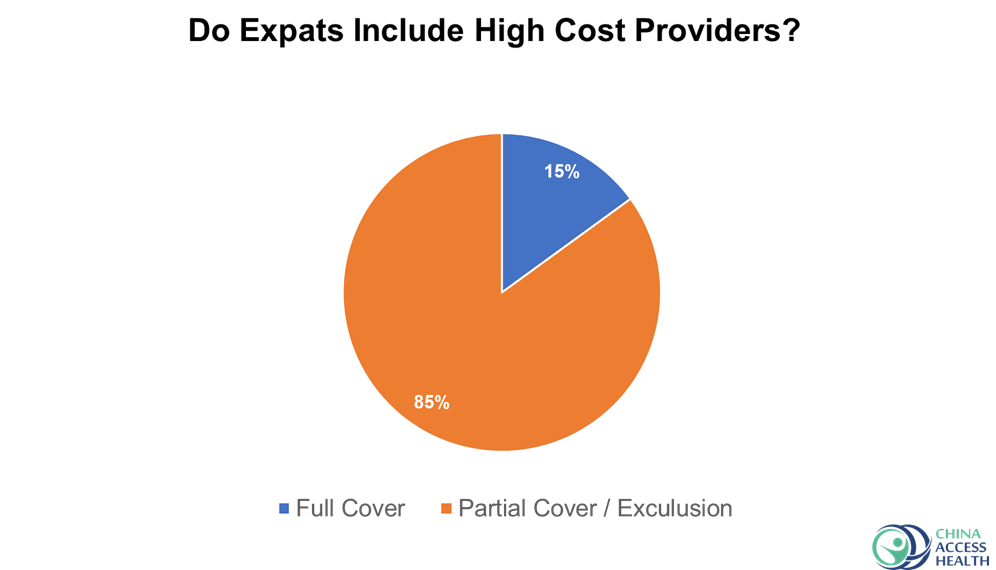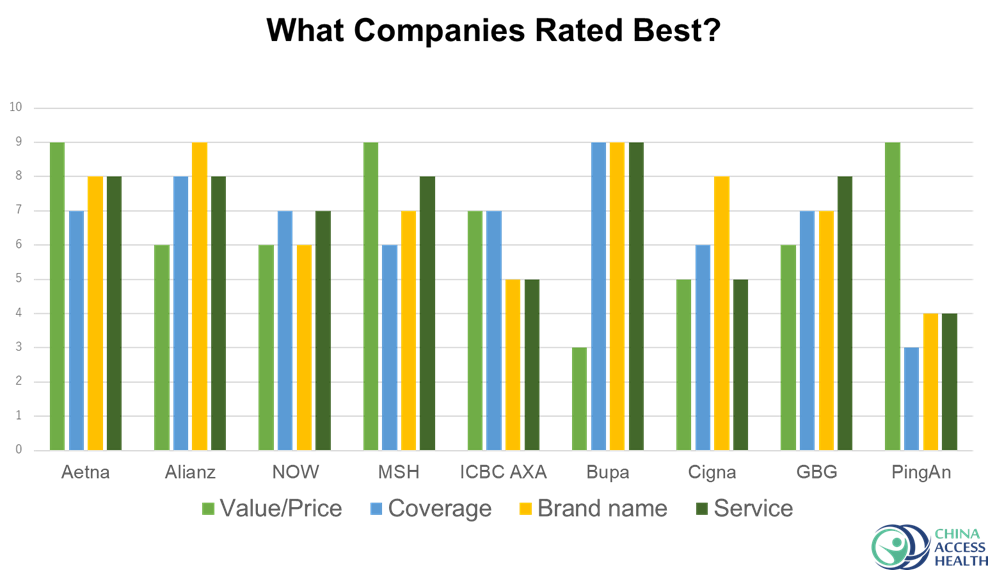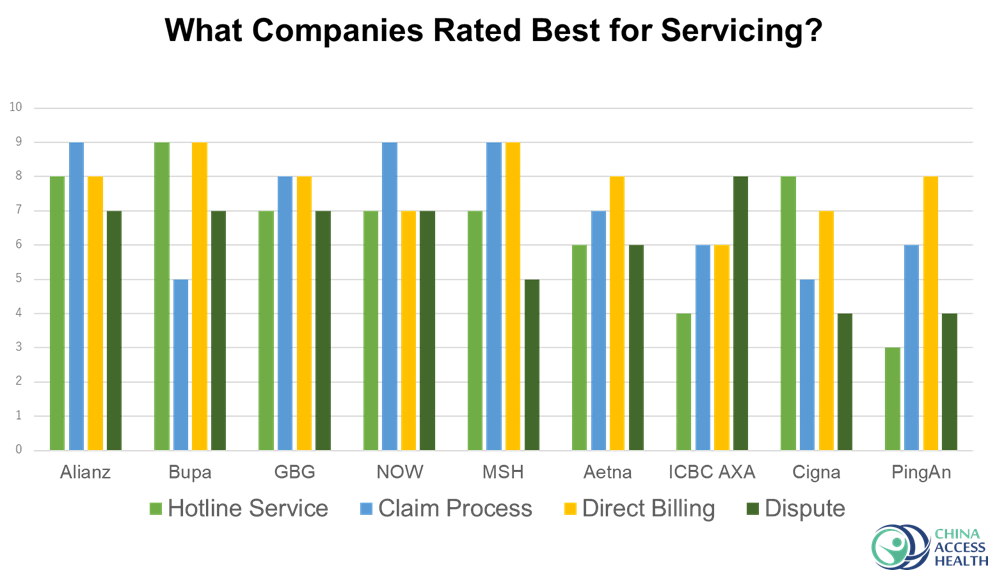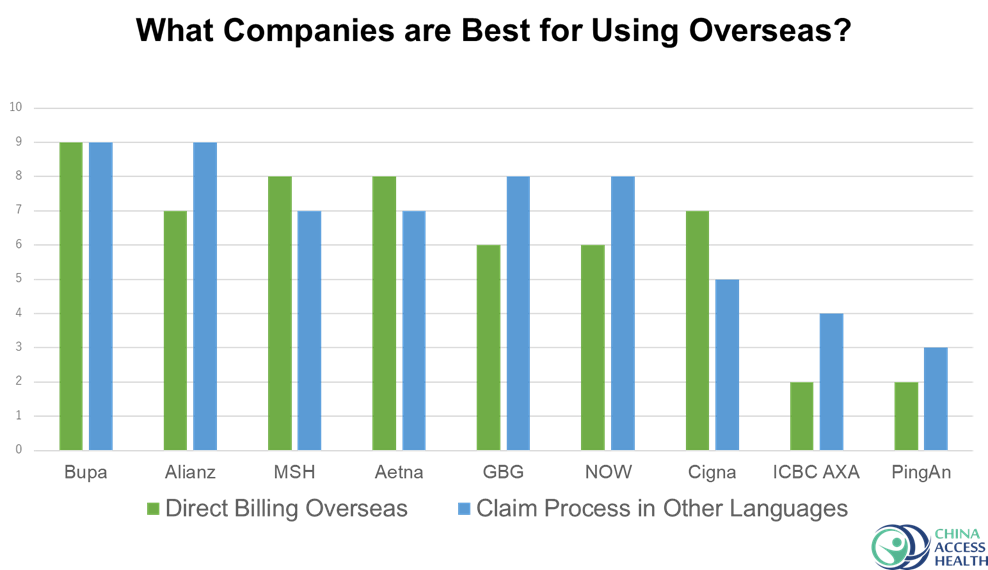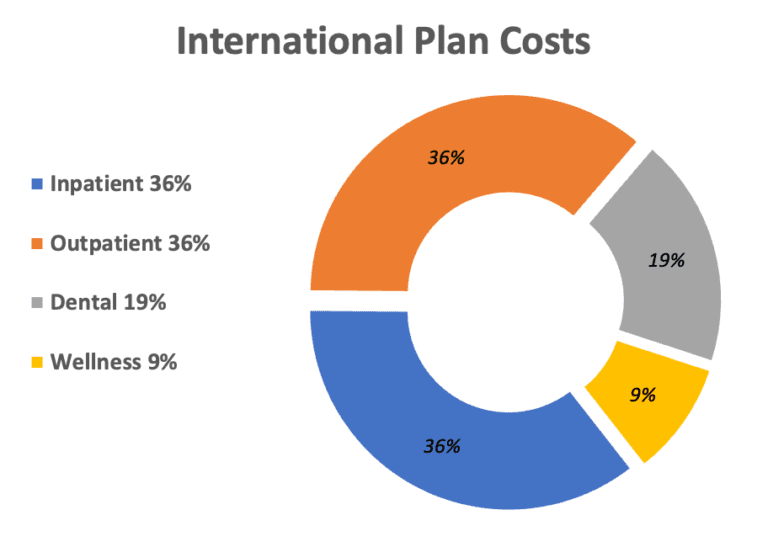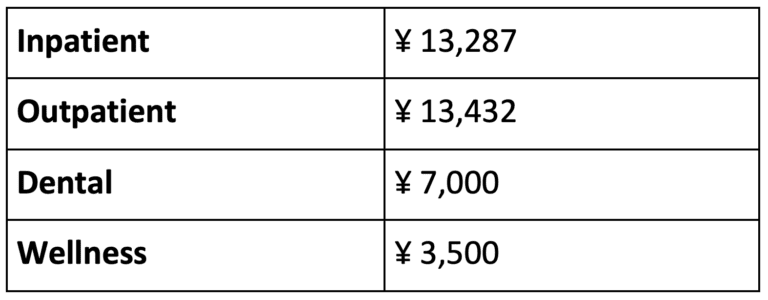AIG Health Insurance in China
American International Group, Inc. (AIG) , founded in 1919, today AIG member companies provide a wide range of property casualty insurance. Additionally, life insurance, retirement products, and other financial services to customers in more than 80 countries and jurisdictions. At present, AIG Health Insurance in China is only available for corporate clients. More on that below.
AIG China Health Insurance Overview
Currently in China they only sell group (corporate) medical plans, meaning individual and families can’t buy them on their own but only as part of an employer benefits scheme.
AIG Insurance Company China Limited (AIG China), a subsidiary of American International Group (AIG), is a licensed insurance company in China, with branches operating in Beijing, Shanghai, Guangdong Province – Shenzhen, Jiangsu and Zhejiang Provinces.
AIG Consumer Insurance is a unique franchise that brings together a broad portfolio of accident and health management, travel and property casualty products offered through a wide distribution network.
Same as many other insurance providers, their SME plans are available for companies starting from 5 employees. The more employees enrolled, the more flexible benefits can be adjusted. For instance, once the total count is 20 employees and above, AIG can let you tailor almost all benefits.
Source: AIG China website aig.com.cn
Surprisingly, their China website is only available in Mandarin. Whereas, ongoing servicing for clients is bilingual. Same applies for all policy documents.
